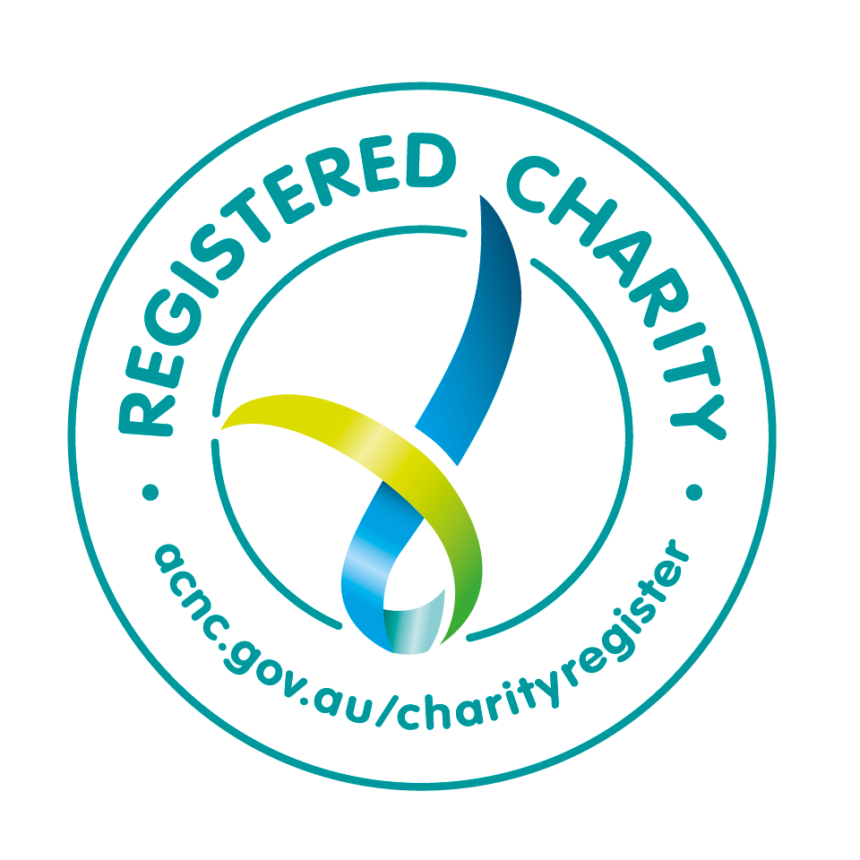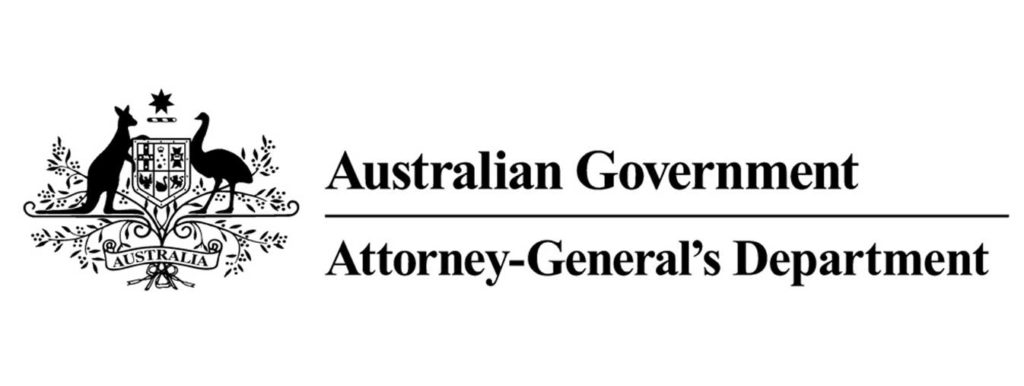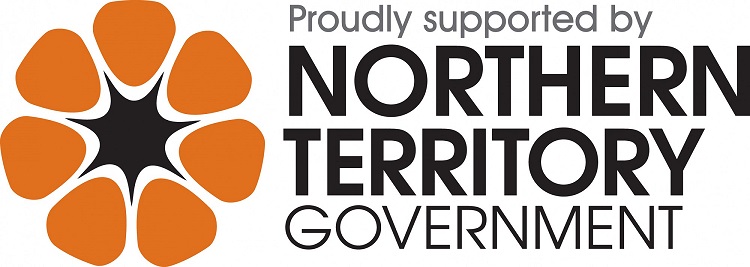What are debts and deceased estates?
deceased estates?
A debt is where a person owes money to another person or organisation. Some examples of debts are money owed to Centrelink, a rental agreement for a fridge, a car loan, a phone bill, or money owed to a Government Department.
Fines are also a type of debt. A fine is a penalty for breaking the law, such as speeding, using drugs, and drinking in a public place. Fines can be issued by Courts, the Police, or another official such as a Council Ranger.
Deceased estates, also known as “Estates”, is legal process where an estate – meaning any property, money, debts or other items – is left behind when someone passes away. The law about deceased estates is different in every State and Territory in Australia.
Superannuation, also known as “super”, is a compulsory payment by an employer to an employee. It is often tied to deceased estates. It is a long-term savings fund set up by the Australian Government to make sure that people have money for when they retire. Super sometimes includes types of insurance.
When should I get help with debts and deceased estates?
You might consider seeking legal advice if you answer “yes” to any of the below questions:
- Have you received a fine that you don’t agree with?
- Do you have fines that you are having problems paying?
- Do you have someone chasing you for money, like a debt collector?
- Do you have any troubles paying bills such as phone bills, electricity, water and gas?
- Do you have a large credit card debt?
- Have you been paying off something that is faulty?
- Do you know where to find your superannuation benefits?
- Is your superannuation spread across a number of accounts or funds?
- Has your partner or an immediate family member passed away?
- Do you need help with a deceased estate?









